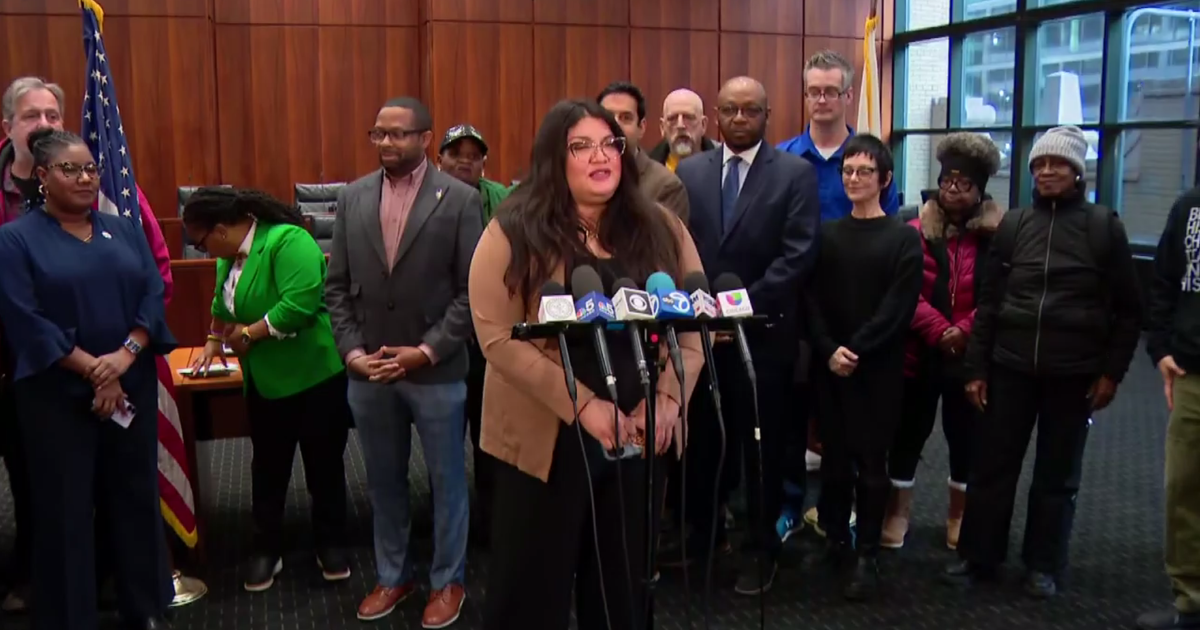Plan to address nationwide baby formula shortage has some lawmakers apprehensive
U.S. Food and Drug Administration Commissioner Robert Califf is testifying before Congress Thursday to address the ongoing nationwide baby formula shortage -- a problem he says he is acutely concerned about. CBS News congressional correspondent Nikole Killion reports the testimony is set to come after the House of Representatives passed two bills aimed at making more formula available to families.
One of the measures passed Wednesday night would loosen restrictions for families included in the Women, Infants and Children Nutrition Program (WIC,) which provides supplemental foods and other nutrition resources to low-income families. About half of formula purchased across the country is through WIC.
"I know what it means to run out of milk in the middle of the month," said bill-sponsor Rep. Jahana Hayes, who received WIC benefits as a teenage mother. "Many of these families may have their WIC benefits but couldn't even use them at the store because the options that were available to them were off the shelves."
The other measure would provide an extra $28 million to the FDA to aid in getting rid of fraudulent formula products in stores and to boost the workforce focused on formula.
The bills now both head to the Senate.
Spurred on by bacteria identified in a facility from the nation's largest baby formula maker, Abbott, the plan to address the nationwide shortage has some lawmakers apprehensive. Some Republicans argued that the plan didn't force federal agencies to look for formula that could be redirected to U.S. homes immediately or use the federal government's power to disperse formula.
Commissioner Califf is scheduled to face Congress again next week with major formula manufacturer executives, Killion said.
President Joe Biden announced on Wednesday that he will invoke the Defense Production Act to ensure manufacturers have the necessary ingredients to make safe infant formula. It also will allow the president to direct companies to prioritize orders for the federal government.
She said the emergency action has only been used about a dozen times within the last two decades, mostly during the pandemic.
Rebecca Kaplan contributed reporting.



